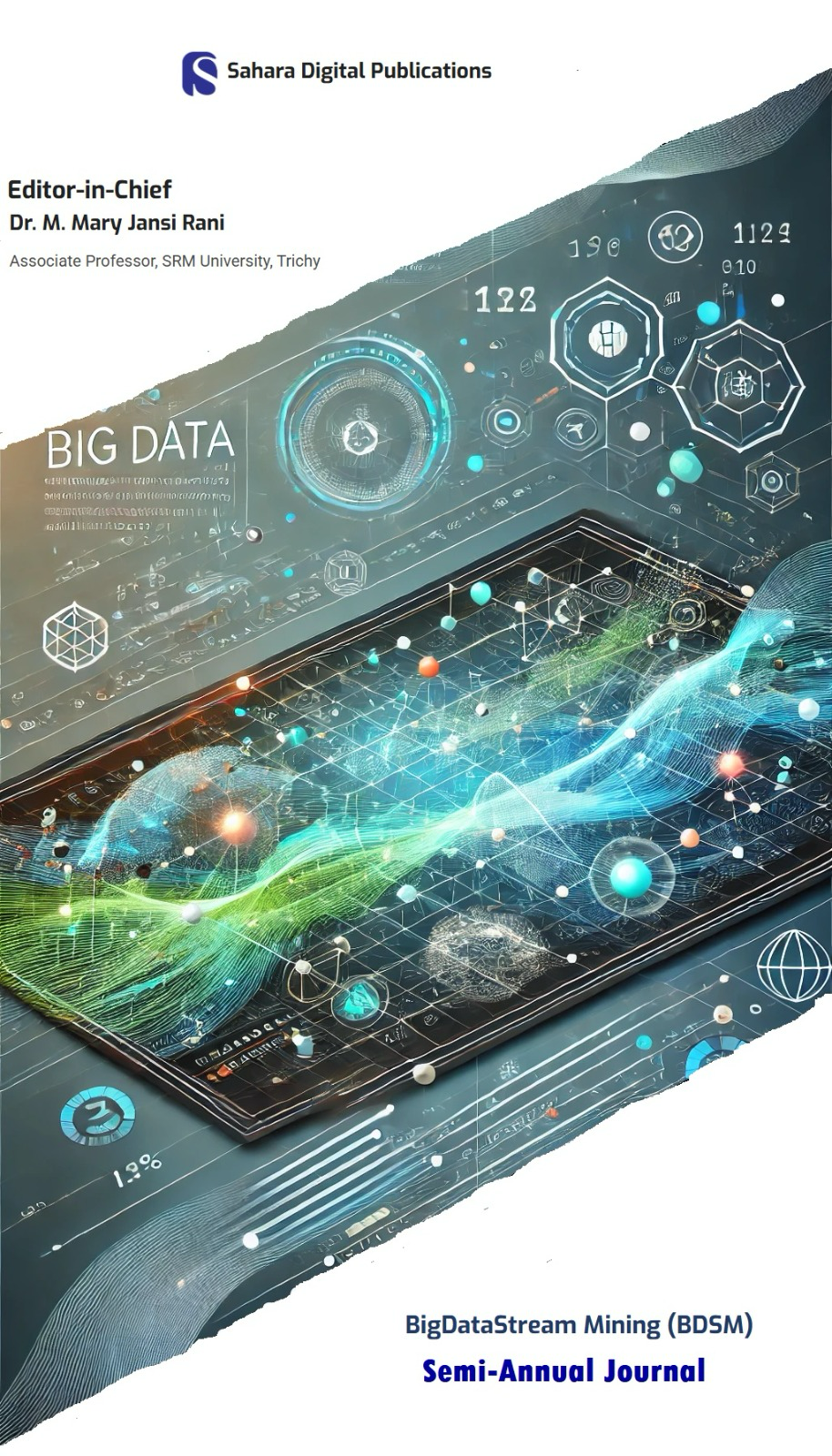Title: Optimizing Energy Consumption in Smart Buildings through Big Data and Machine Learning

BigDataStream Mining (BDSM)
© by BDSM - Sahara Digital Publications
ISSN: 3079-417X
Volume 01, Issue 01
Year of Publication : 2025
Page: [48 - 63]
Authors :
Ms. T. Ummal Sariba Begum
Address :
RESEARCH SCHOLAR, SRM INSTITUTE OF SCIENCE AND TECHNOLOGY, RAMAPURAM, CHENNAI, ummal@srm.edu.in
Abstract :
The efficient management of energy usage in intelligent buildings presents a significant obstacle within sustainable infrastructure, requiring inventive approaches to tackle increasing energy requirements and environmental issues. Although Internet of Things (IoT) strategies produce a huge quantity of data in these structures, it is still challenging to extract practical insights for effective energy management. This study utilizes machine learning approaches, namely Long Short-Term Memory to Optimize Energy Consumption (LSTM-OEC), to tackle these difficulties in smart buildings using big data analytics. The suggested methodology combines historical energy usage data with real-time sensor information from IoT devices, driven by the need to cut energy expenses and decrease carbon emissions. Utilizing the LSTM-OEC model facilitates the integration of intricate temporal relationships and precise prediction of forthcoming energy requirements, hence facilitating the dynamic optimization of building energy systemsThe primary objectives of this research effort are to develop a preliminary energy management framework employing Long Short-Term Memory (LSTM) models, assess its effectiveness in reducing energy consumption, and examine its potential for scalability and suitability in real-world smart building environments. LSTM networks are selected because they can effectively process sequential data and acquire knowledge of long-term relationships. This characteristic renders them exceptionally well-suited for time-series projection tasks, such as the prediction of energy use. The work showcases the effectiveness of LSTM-based energy management systems in generating substantial savings in energy usage while ensuring occupant comfort levels through thorough testing and validation. The study results indicate that the LSTM-OEC model consistently performs better than conventional forecasting techniques, offering more precise projections of forthcoming energy demand. Furthermore, the findings of the study indicate that the suggested approach presents a viable and flexible resolution for enhancing energy efficiency in intelligent structures, hence facilitating the advancement of sustainable infrastructure.
Keywords :
Energy consumption; Smart buildings; Sustainable infrastructure; Internet of Things; Machine learning techniques; Long Short-Term Memory; Big data analytics
